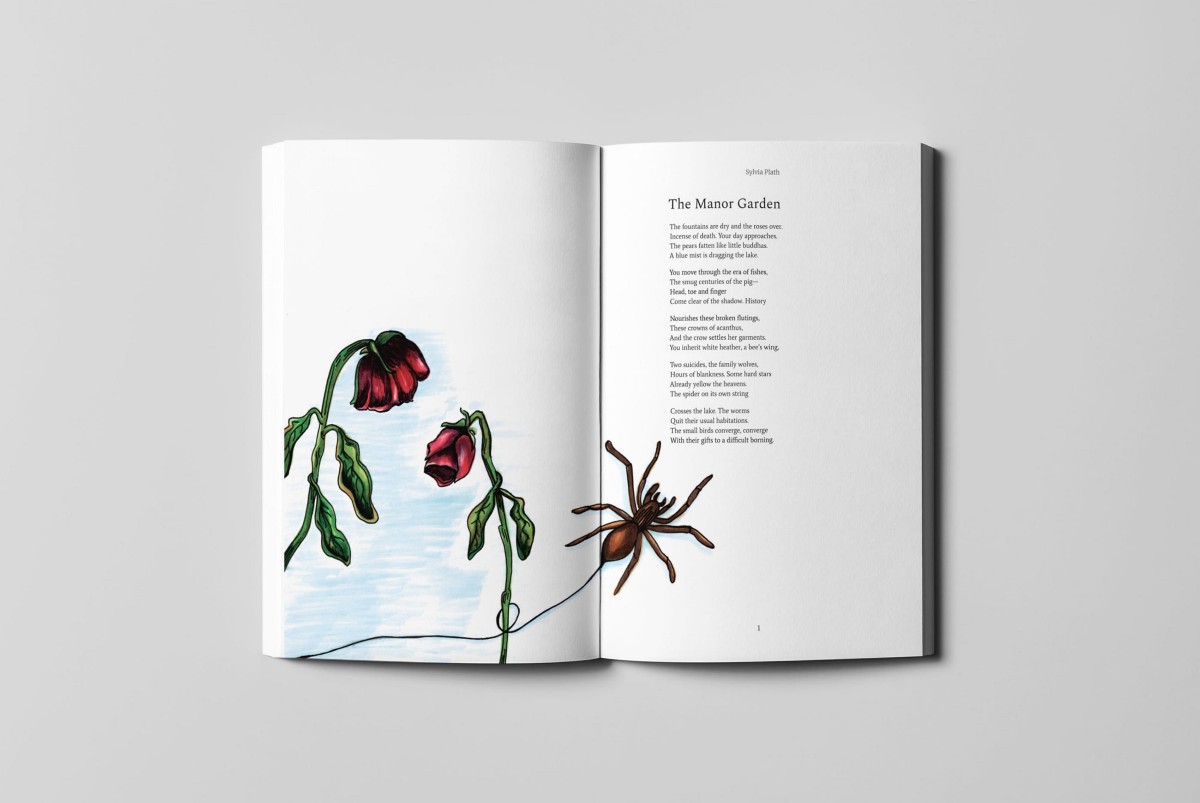“No one has but to start an existence who will now not quit it,” Mary Ruefle writes in “On Beginnings,” the primary piece in her accrued lectures, “Madness, Rack, and Honey.” It’s extra of a lecture on endings, virtually: “Not each poem is completed,” however, an abandoned poem isn’t always absolutely a poem, a whole lot as life isn’t whole until it’s over. In “Short Lecture on the Dead,” she writes, “People who’re alive aren’t absolutely human beings due to the fact they haven’t died.” We extant oldsters have no longer carried out all the human things, but when you

consider that demise is a requirement of personhood. In “Dunce,” her brand new poetry series, Ruefle confronts the great but banal truth that absolutely everyone dies. How can we reconcile the boringness of demise-in-preferred with the surprise of our personal, specific loss of life? “I am walking in the preferred course / of things,” she writes; “I became nothing / and shall be not anything once more.” To live is to walk in demise’s popular course. Death is our destiny, the Hollywood finishing for every folk — what could be more predictable? And yet. (My favored Issa haiku: “The world of dew is the arena of dew. / And yet, and yet—”)
Our personal deaths, even though positive, do not appear possible possibly till our mother and father die — as even though this was the proper give up of adolescence, and so the end of young people. The presence of an older generation is a comfort, a weighted blanket, that makes us feel blanketed; its absence creates the inexorable sense that we’re subsequent. Ruefle’s mom’s demise haunts this series — it feels like her death itself is the ghost, the event, and not the character. Take the poem “Bath Time”:
- and a mild rain
- falling on my mother’s grave
- comes back to me,
- how it regarded
- on that sans-everything day
- to be the very pins
- she carried in her mouth
We study from “I Remember, I Remember,” Ruefle’s essay-lecture inside the style of Joe Brainard, that she changed into forty-five when her mom died, and “it poured the day we buried her.” All rain now’s funeral rain. In the poem “Lightly, Very Lightly,”: “It changed into raining. / I ought to listen to the rain / taking the pins out of her mouth.” In “Little Travel Book,” a black vehicle rolls backward out of storage: “This is sad, like Stonehenge in the rain.” In “Halloween,” a fake corpse with a motion detector “sat up,” “its eyes rolled again to white,” and “grew to become its head around, / all of the manners round,” while you approached it.
This, Ruefle writes, “jogged my memory of my mother / and at the concept of my mom / there has been a corpse in me.” These references check-in as an ache in my chest (my personal mom has started to complain of chest pain). The ostensible events of Ruefle’s poems are minor: no longer the funeral but the bath. They file small moments with sweeping scope, moments wherein the velocity of concept appears to outpace actual time. In the book’s title poem, an “I” and a “Mary” pass bogging in rubber boots, among “orchids & mushrooms, mushrooms & orchids”:
